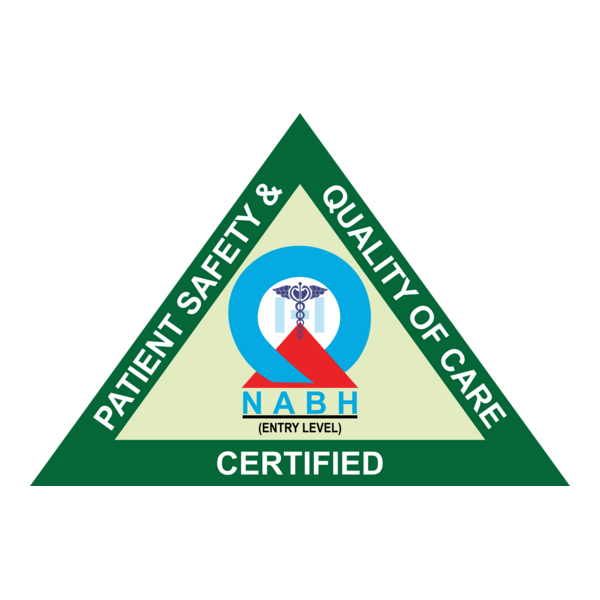Vertigo Disorder Care
Definition
Vertigo disorder care involves the diagnosis and management of dizziness or spinning sensations caused by inner ear problems, neurological conditions, or balance disorders. The care focuses on identifying the underlying cause and reducing symptoms to improve daily functioning.
Purpose of Vertigo Care
To identify the cause of dizziness or spinning sensations
To relieve symptoms such as imbalance, nausea, or motion sickness
To prevent falls and improve safety
To enhance quality of life and maintain normal daily activities
Types and Methods of Management
Medical Management
Medications to reduce vertigo, nausea, or inflammation
Treatment of underlying conditions such as vestibular disorders or infections
Vestibular Rehabilitation Therapy (VRT)
Specialized exercises to improve balance and reduce dizziness
Helps retrain the brain to compensate for inner ear issues
Canalith Repositioning Maneuvers
Procedures like the Epley maneuver for benign paroxysmal positional vertigo (BPPV)
Moves displaced inner ear crystals back into proper position
Lifestyle & Supportive Measures
Avoiding triggers that worsen vertigo
Maintaining hydration and healthy nutrition
Regular follow-up to monitor progress and prevent recurrence
Benefits of Vertigo Disorder Care
Reduces dizziness and imbalance symptoms
Prevents falls and related injuries
Improves daily functioning and independence
Enhances overall quality of life and well-being


